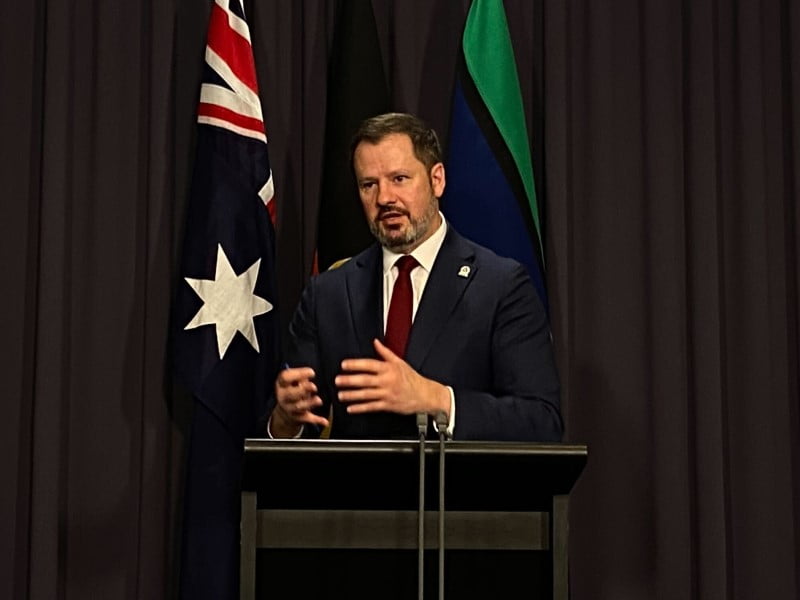Eighty projects across 25 lead agencies have been given $650 million in federal funding over four years through the National Collaborative Research Infrastructure Strategy (NCRIS).
The project funding is a part of $4 billion that the federal government set aside for research infrastructure between 2018 and 2029 through the centralised NCRIS process.
Each of the funded projects will align with the Albanese government’s $15 billion National Reconstruction Fund.
These include the focus areas on renewables and low emissions tech, medical science, transport, value-added agriculture, forestry, fisheries and resources, as well as defence and enabling tech like AI, robotics and quantum.

The centralised NCRIS funding model supports infrastructure ranging from the CSIRO ocean research ship RV Investigator to the Pawsey Supercomputer Centre in Perth and the Nuclear Science Facility at ANSTO in Sydney. The full list of funded projects through the 2023 NCRIS round can be found here.
The government says the funding investment allows Australia’s universities and institutional researchers to work on “game-changing” projects that are good for the economy and have a positive impact on the nation.
“Scientist and researchers making new discoveries can help manufacturers make new products, right here in Australia,” Industry and Science minister Ed Husic said in a statement.
“These grants will supercharge research efforts in priority areas identified through the Government’s $15 billion National Reconstruction Fund and will help to cement Australia’s reputation as a centre of global scientific excellence.”
Successful projects include $113 million to BioPlatforms Australia, which focuses on so-called ‘omics’ technologies like genomics (DNA, RNA), proteomics (proteins) and metabolomics (small metabolics) – as well as the digital capabilities (bioinformatics) that support this research.
These bioplatforms play a pivotal role in various domains, like human health, agriculture, and the environment, contributing to approximately 30 per cent of Australian research efforts.
Other big-ticket investments through NCRIS include $45 million to AuScope, which provides integrated geoscience research infrastructure (including space-based observation), and $13 million for the Australian National University’s Heavy Ion Accelerator facility.
Pain free diabetes testing, a new vessel to track climate change data and sensors for driverless cars are some of the other innovations being supported through new NCRIS funding.
Do you know more? Contact James Riley via Email.

